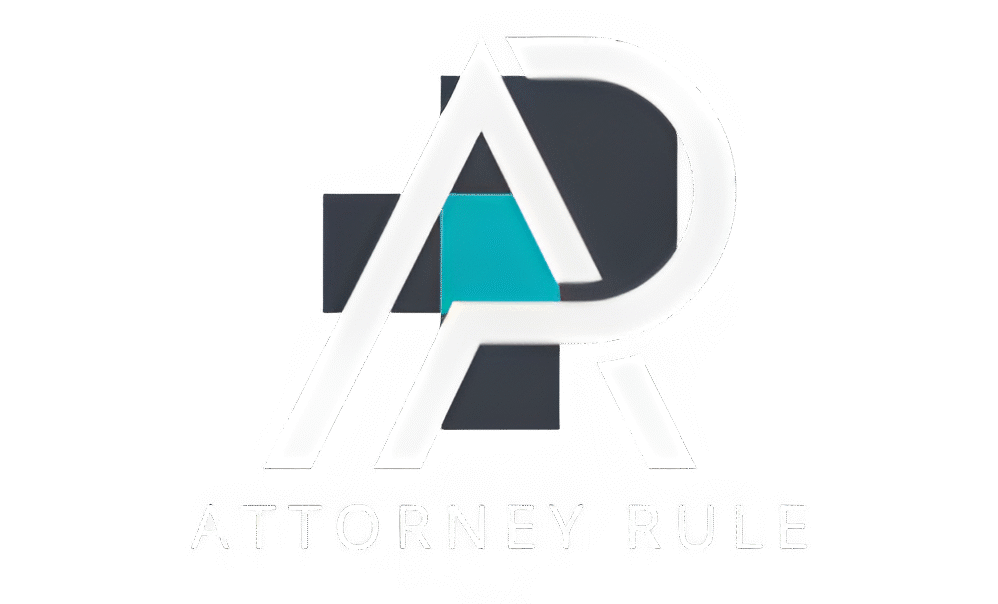As a lawyer, your expertise lies in navigating the complex world of law. You work tirelessly to protect your clients’ interests and ensure justice prevails. However, beneath that well-polished exterior lies an undeniable truth: the legal profession carries inherent risks. From missed deadlines to unforeseen conflicts of interest, even the most seasoned attorneys can find themselves facing claims that threaten their livelihood. This is where Legal Professional Liability Insurance steps in—a crucial safety net designed specifically for those who practice law. Understanding this insurance not only safeguards your career but also fortifies your clients’ trust in you as a professional. Let’s delve into what Legal Professional Liability Insurance entails and why it is essential for every lawyer’s practice.
Understanding Legal Professional Liability Insurance
Legal Professional Liability Insurance, commonly known as malpractice insurance, is a specialized coverage tailored for attorneys. It protects lawyers against claims of negligence or inadequate work that result in financial loss for clients.
This type of insurance ensures that if an attorney faces a lawsuit due to alleged mistakes, they are not left to bear the full brunt of legal fees and settlements alone. Instead, the policy provides essential financial support during challenging times.
Understanding this insurance also involves recognizing what it covers. Typically, it addresses issues such as errors in judgment, miscommunication with clients, or failure to meet deadlines—all common scenarios where disputes can arise.
Additionally, many policies offer assistance beyond just legal defense costs. They may provide resources for risk management and help lawyers implement best practices within their firms. This proactive approach can ultimately reduce the chances of facing claims down the line.
Why Lawyers Need It: Common Risks and Claims Faced in the Legal Industry
Lawyers operate in a high-stakes environment where mistakes can lead to significant consequences. Even the most diligent attorney can face claims due to unforeseen circumstances or miscommunications.
Common risks include missing critical deadlines, which may jeopardize a client’s case. Such oversights can result in malpractice claims that tarnish reputations and drain finances.
Another frequent issue is inadequate representation. Clients might feel let down if an attorney fails to meet their expectations, leading to disputes that escalate into formal complaints.
Conflicts of interest also pose challenges. Navigating multiple clients with competing interests requires care; failing in this area could endanger both the lawyer’s career and client trust.
These potential pitfalls underscore the necessity for legal professional liability insurance, safeguarding attorneys from financial fallout while allowing them to focus on their practice effectively.
Types of Coverage Offered by Legal Professional Liability Insurance
Legal Professional Liability Insurance offers various types of coverage tailored to the unique needs of legal practitioners. One key component is Errors and Omissions (E&O) coverage, which protects lawyers against claims arising from mistakes made in their professional services.
Another important aspect includes Defense Costs Coverage. This ensures that your legal fees are covered while defending against claims, even if they turn out to be unfounded.
Some policies may also offer Coverage for Settlements or Judgments, providing financial assistance if you need to settle a claim or pay a judgment awarded by a court.
Moreover, certain plans include Cyber Liability Insurance, addressing risks associated with data breaches and protecting client information stored online.
Understanding these options can help you select the right plan that aligns with your practice’s specific vulnerabilities and needs.
Choosing the Right Policy for Your Law Practice
Choosing the right policy for your law practice involves careful consideration. Start by assessing your specific needs based on your area of expertise and client base. Each legal specialty has unique risks, so be honest about potential liabilities.
Next, compare different providers. Look at their track records in handling claims and customer service reputation. A responsive insurer can make a significant difference during stressful situations.
Don’t overlook the details of coverage limits and deductibles. Higher limits may provide better protection but also come with increased costs. Find a balance that fits both your budget and risk exposure.
Seek advice from colleagues or mentors who have navigated this process before you. Their insights can prove invaluable as you weigh options tailored to your practice’s demands.
Consider working with an insurance broker experienced in legal professional liability insurance to guide you through complexity while ensuring comprehensive protection for your firm.
How to File a Claim and What to Expect
Filing a claim under your Legal Professional Liability Insurance can seem daunting, but understanding the process helps. Start by notifying your insurer as soon as you become aware of a potential claim. This timely communication is crucial.
Next, gather all relevant documentation related to the case in question. This includes correspondence with clients, court documents, and any notes or records that pertain to the matter. Your insurer will need these details for their assessment.
After submitting your claim, expect an initial review from the insurance company. They may request additional information or clarification during this stage. Stay responsive and transparent throughout this process; it can expedite resolution.
Once reviewed, your insurer will inform you about coverage applicability and next steps. Depending on the complexity of the situation, this could take time—so patience is key while they finalize their decisions regarding defense or settlement options.
Cost of Legal Professional Liability Insurance
The cost of Legal Professional Liability Insurance can vary significantly based on several factors. The size of your law firm, the areas of practice you cover, and your claims history all play crucial roles in determining your premium.
Smaller firms or solo practitioners often face lower rates due to their limited exposure. However, those specializing in high-risk areas may see higher costs as insurers perceive them to be at greater risk for claims.
Another factor is geographic location; different states have varying regulatory environments that affect pricing.
It’s also essential to consider coverage limits and deductibles. Opting for a higher deductible might lower your premium but could increase out-of-pocket expenses if a claim arises.
Shopping around and comparing quotes from multiple providers will help ensure you find the right balance between affordability and adequate protection for your practice.
Conclusion: The Importance of Protecting Yourself and Your Practice with LPLI
Legal Professional Liability Insurance (LPLI) serves as a crucial safety net for legal practitioners. The legal profession is fraught with potential risks that can lead to costly claims and litigation. From missed deadlines to errors in case management, the consequences of mistakes can be severe.
By investing in LPLI, lawyers not only protect their reputation but also ensure they have the financial means to address any unexpected challenges that may arise during their practice. It’s more than just a policy; it’s peace of mind amidst the complexities of law.
Choosing the right coverage tailored to your specific needs helps mitigate risk effectively. Understanding how to file a claim ensures that if issues do occur, you are prepared and informed.
The cost of this insurance varies based on numerous factors, including experience and specialization. However, the investment is minor compared to what could be lost without it.
Prioritizing Legal Professional Liability Insurance reflects an understanding of both responsibility and foresight within your legal career. It safeguards your practice while allowing you to focus on serving clients confidently and competently. Protect yourself and your practice—it’s an essential step toward sustainability in today’s challenging legal landscape.

